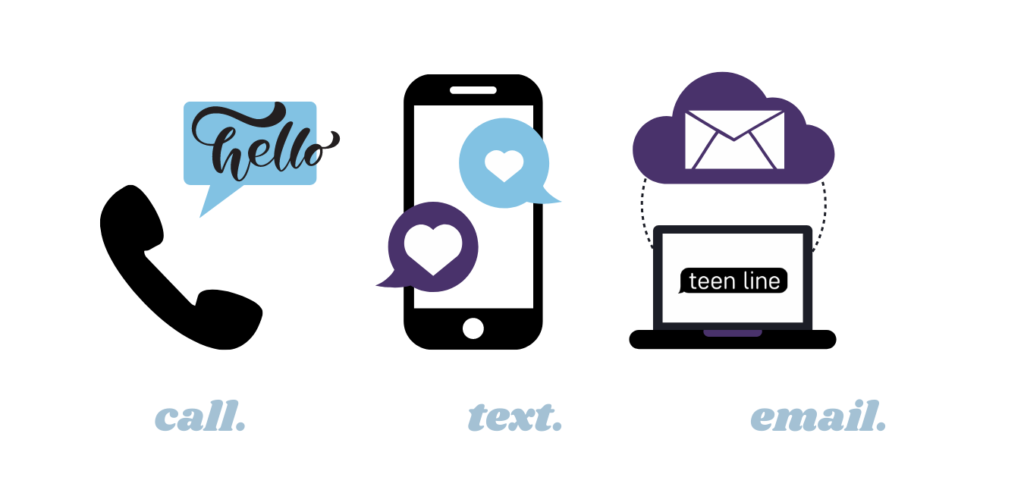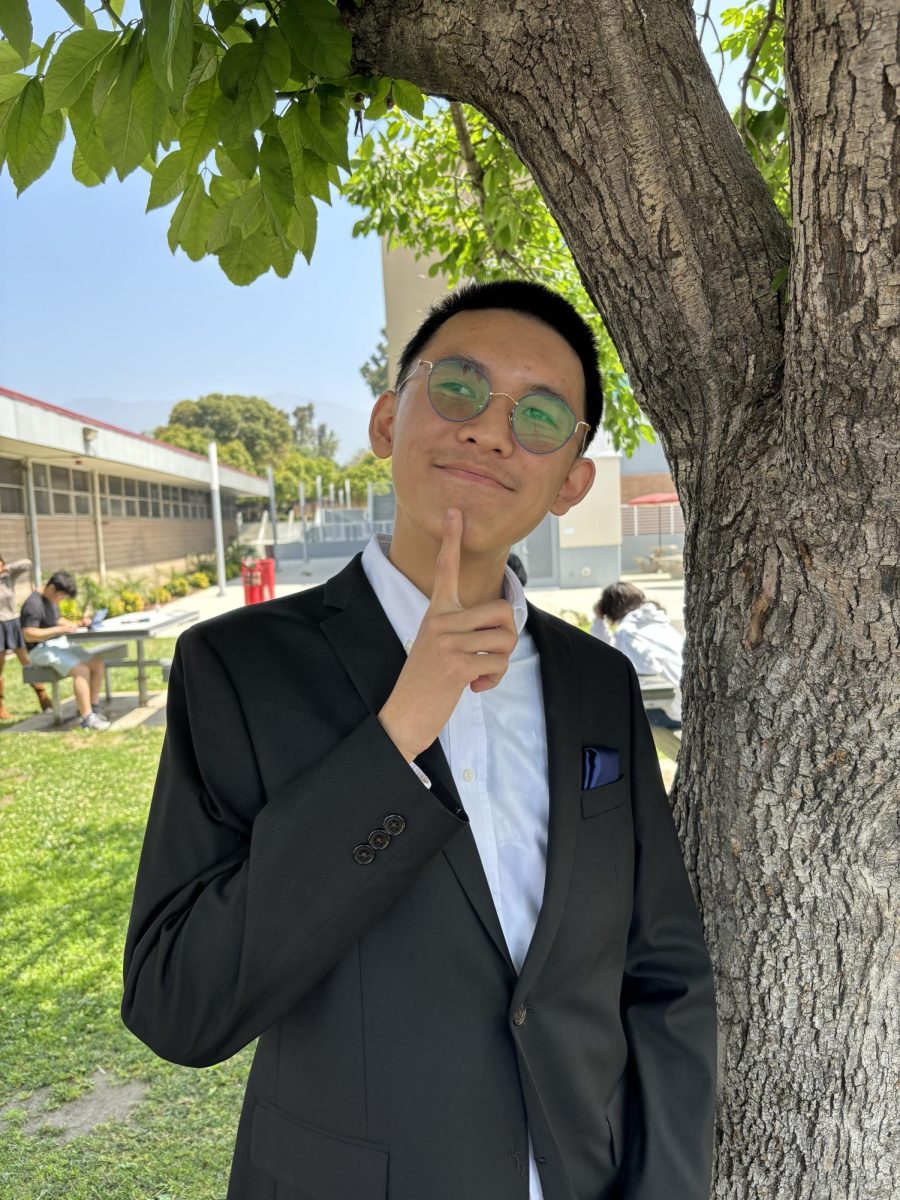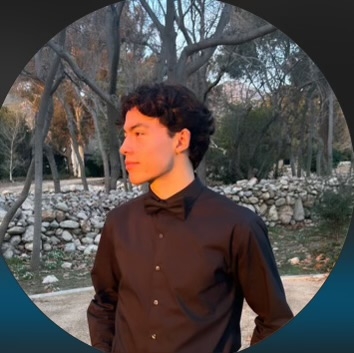‘Don’t shoot the messenger.’ A familiar warning against fixating blame on the people who represent unpopular decisions instead of on those, perhaps policymakers, who are the reason behind it. There are a myriad of ways this can be applied to situations at CHS; one example being homeroom, a common nuisance to students that the school itself can do little about. There are also other, more serious situations, where this idea is present and even damaging. Case in point, reaching out for mental health support from counselors or the on-campus support center.
In California, the majority of school staff members are mandated reporters. What this means is that if a staff member is concerned that a student is in danger of being hurt, hurting themselves, or hurting someone else, they are obligated to report their concerns to Child Protective Services. Despite being in place to protect students, this requirement is something that often prevents students from seeking help through school resources. Although this requirement was not put in place by the school, many students cannot help but be wary of the potential consequences of reaching out. Still, there are advantages to talking to someone on campus about your struggles. In regards to support at our school, the experience and education of the staff at the mental health center is unmatched barring having a therapist of your own.
However, there is a point where if a student who wants help is not comfortable reaching out for it at school, there must be other methods available to them. Possibly the most important one is simply finding ways to open up to friends or family members about any struggles or obstacles. For a lot of teenagers, the difficult part about this is not wanting to feel like a burden or have feelings dismissed because someone does not relate to them. It is okay to feel uncomfortable, but finding a trustworthy person to talk to and letting them know what they can do to be supportive, even if it is just listening when needed, makes all the difference, especially because that person might need a safe space as well.
Talking to someone who is a constant presence in one’s life is one of the better ways to get advice, since they are accessible and familiar, but it is not the only way to find support for mental health. Sometimes students are not comfortable speaking with someone they know because there is a fear of being judged, which is where a hotline can be a beneficial resource for them.
An example of a resource that CHS promotes is calling a crisis hotline if a student needs someone to talk to. One of these hotlines, Teen Line, is a peer-to-peer service where students can call in and find a listening ear in teenage volunteers who can provide assistance, advice, and information about absolutely anything a caller is going through. Though it is beneficial to have an outside perspective, these hotlines do not take repeat calls, meaning a person can only speak to a peer counselor once during a period of three months. Due to this, counselors will provide callers with outside resources including other hotlines, articles, and even options for therapy.
This is one of the reasons that the mental health support center at CHS is a good place to turn to. The support center provides mental health interns guided by a licensed professional who can provide students with a space reminiscent of a therapy session. Typically, an average therapy session is around one hundred and fifty dollars, which is, more often than not, more than families are willing to spend for their child to speak with “another adult.” However, therapy is arguably the best way to improve someone’s emotional intelligence and define their communication skills, not to mention the benefits of treating any harmful behaviors they might have adopted over their life.
If students are looking for someone to talk to, maybe a professional who does not eat lunch with their calculus teacher, there are other ways to explore therapy without the high price tag. One of these options is called Open Path Collective, an affordable therapy option with online or in-office sessions for around sixty dollars per session. This could be a way to test out therapy without feeling the commitment of visiting a doctor in their office.
Whether someone prefers visiting an intern at the support center, or speaking with their best friend, it is important to find ways to talk and reflect about anything in life that feels overwhelming or even just bothersome. There may not be a perfect system for everyone to access the support they need, but spreading the information for someone to access help can be all that is necessary to make a difference in someone’s life.
Mental Health Resources
Donate to The Wolfpacket
$50
$500
Contributed
Our Goal
Hello there! Our goal is to provide relavent, engaging journalism for readers of all ages. Your donation will support the student journalists of the Wolfpacket at Claremont High School, and will allow us to purchase equipment, print our monthly issues, and enter in journalism competitions. We appreciate your consideration!
About the Contributor
Natalie DeWees is a senior at CHS and a second year reporter. Outside of class, Natalie occupies her time with volunteer activities, including a crisis hotline, and is involved with multiple clubs on campus. Whenever she can, she likes to spend her time reading and is always up to talking about books (warning, it might get loud). Natalie is looking forward to attending college in the fall, and pursuing a degree in Psychology.






















